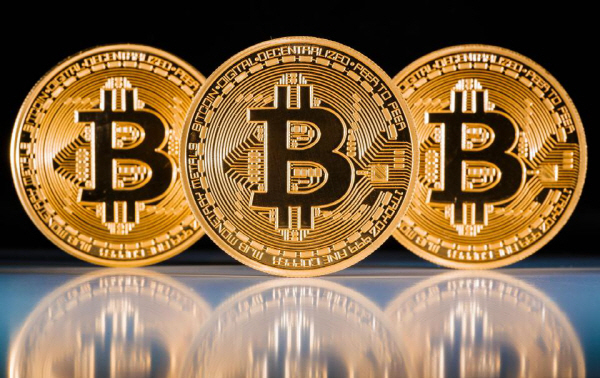- California Assembly OKs highest minimum wage in nation
- S. Korea unveils first graphic cigarette warnings
- US joins with South Korea, Japan in bid to deter North Korea
- LPGA golfer Chun In-gee finally back in action
- S. Korea won’t be top seed in final World Cup qualification round
- US men’s soccer misses 2nd straight Olympics
- US back on track in qualifying with 4-0 win over Guatemala
- High-intensity workout injuries spawn cottage industry
- CDC expands range of Zika mosquitoes into parts of Northeast
- Who knew? ‘The Walking Dead’ is helping families connect
South Korea officially legalizes and regulates the Bitcoin
Elan Zohar /Brentwood School Senior, Korea Times Student Intern Reporter
Since its founding in 2009 by an anonymous coder, the ‘bitcoin’ has skyrocketed not only in value, but in its number of users. Growth has been so exponential that countries have begun to tax and regulate the currency like any other form of money. With the rest of the world beginning to closely monitor the widely unknown world of bitcoin, the South Korean government finally decided to legalize and regulate the digital currency in mid July.
The concept and appeal of bitcoin is still a mystery to most of the world, even those in finance and business. In 2009, one bitcoin was trading for about eight hundredths of a US cent. Just eight years later, bitcoin hit its high at above $3,000 each. What is the reason for this incredible surge in popularity and value? Bitcoin‘s biggest draw to users is the fact that the currency is decentralized, meaning that transactions with bitcoin involve no middle men. This has its positives, but also many negatives that come along with it, at least in the eyes of governments around the world. The currency gives bitcoin traders the chance to seamlessly exchange the currency anywhere in the world, anonymously and instantly. Some argue that this is too much freedom for such a valuable currency. Drug purchasing, among other illicit activities, has always been present in the bitcoin community, and because of its anonymity, it is difficult for these buyers and sellers to be caught. As a result, more countries have sought to regulate the currency.
Most countries have not specifically addressed the currency, but still allow it to be legal. This gives traders the most flexibility when exchanging bitcoin. However, there has been a growing trend for countries to begin officially legalizing and regulating the currency, as South Korea did earlier this month.
The bitcoin in South Korea is especially prevalent. According to NextShark.com, an Asian-focused technology and business website, bitcoin trades in South Korea alone account for 14% of bitcoin trades around the world. This puts them at third in the world in that category, behind just the United States and Japan.
The regulations that South Korea has implemented mainly address money laundering. Additional data processing facilities are being built to monitor the anonymous and illegal side of the bitcoin world. Companies must retain capital of at least five million won in order to trade bitcoin. Although these regulations are being put in place, the popularity and usage of the bitcoin is expected to rise, now that South Korea has officially legalized bitcoin service providers.
Since the currency is still just in its early years, there is definitely uncertainty regarding the future of the bitcoin. However, with the incredible skyrocketing of its price and popularity, the bitcoin does not seem to be slowing down anytime soon, and governments like South Korea’s want to get a hold on its trading before it become unmanageable.













kelly
November 26, 2017 at 9:12 AM
yes..I like the basic concepts behind Second Life but it seems incredibly outdated and when I played it was intensely non-intuitive / user friendly to an extent that made EVE look like a game for toddlers. thanks from
togel singapore